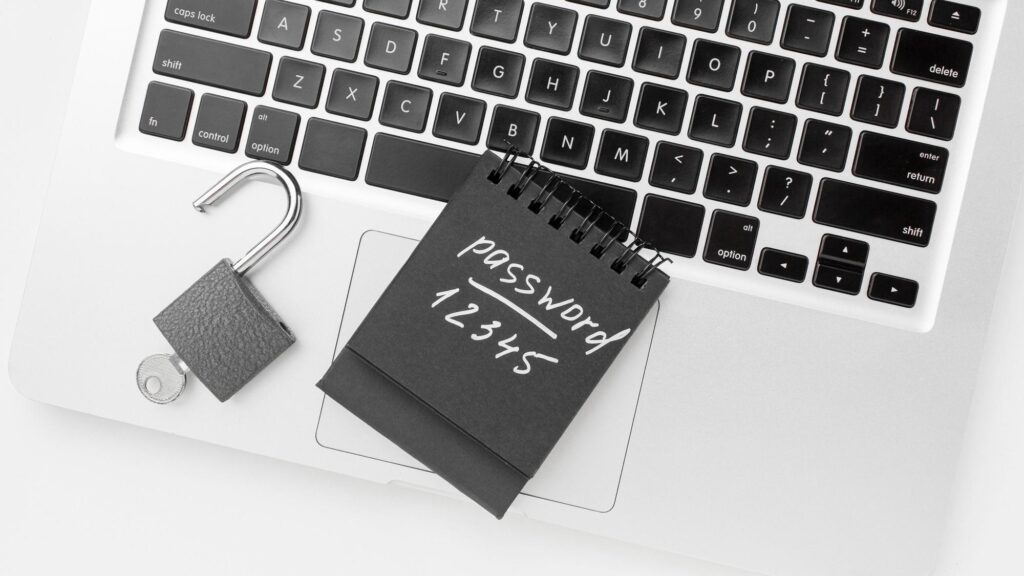Are you guilty of using the same password across multiple online accounts? You’re not alone. Millions of people reuse passwords for convenience, inadvertently opening themselves up to a growing cyber threat: password spraying.
Understanding Password Spraying
Unlike brute-force attacks, which target a single account with numerous password combinations, password spraying targets multiple accounts with a limited set of commonly used passwords. This tactic is highly effective due to users’ tendency to choose simple, easily guessable passwords.
The allure of convenience often leads to password reuse, with popular choices including numbers, sequences and common words. Cybercriminals exploit this behaviour by compiling lists of commonly used passwords and systematically attempting them across various platforms.
The Dangers of Weak Passwords
The consequences of falling victim to a password spraying attack can be severe. Hackers can gain unauthorised access to sensitive information, financial accounts and personal data. This can lead to identity theft, financial loss and reputational damage.
To illustrate the problem, consider the most common passwords:
- 123456
- password
- 123456789
- qwerty
- 12345
These simple passwords are the keys to countless accounts. When used across multiple platforms, they become a prime target for password spraying attacks.
Protecting Yourself from Password Spraying
To safeguard your accounts, implement the following best practices:
- Create Strong, Unique Passwords: Use a combination of uppercase and lowercase letters, numbers and special characters. Avoid using personal information or easily guessable words.
- Enable Two-Factor Authentication (2FA): This adds an extra layer of security by requiring a second form of verification.
- Use a Password Manager: Store complex passwords securely and generate strong, unique credentials for each account.
- Regularly Update Passwords: Change passwords periodically to stay ahead of attackers.
- Beware of Phishing Attempts: Be cautious of suspicious emails or links that request personal information.
By adopting these measures and fostering a strong password hygiene culture at home or within your organisation, you can significantly reduce the risk of falling victim to password spraying attacks.
Remember, a compromised password can have far-reaching consequences. Prioritise password security to protect your personal and professional information.

